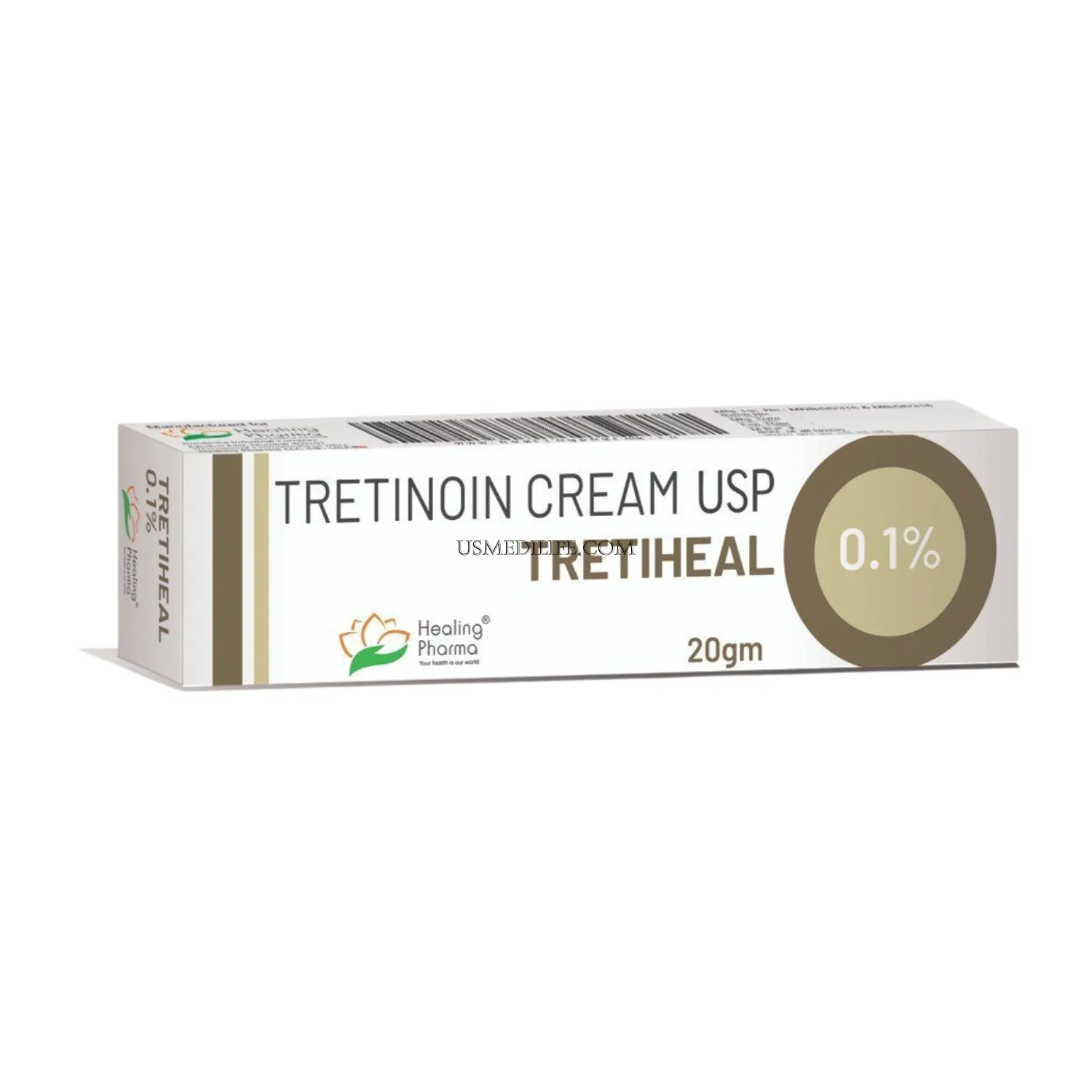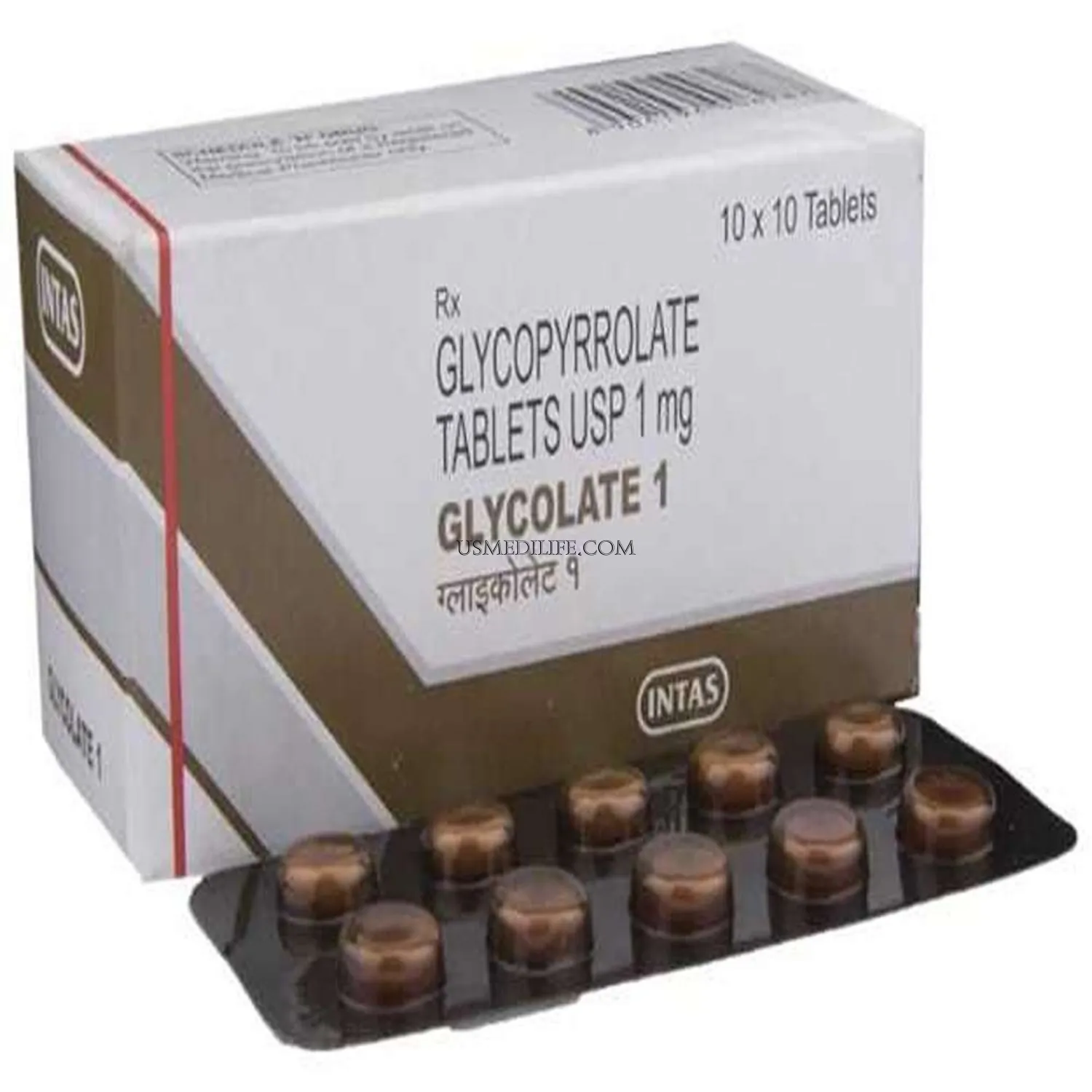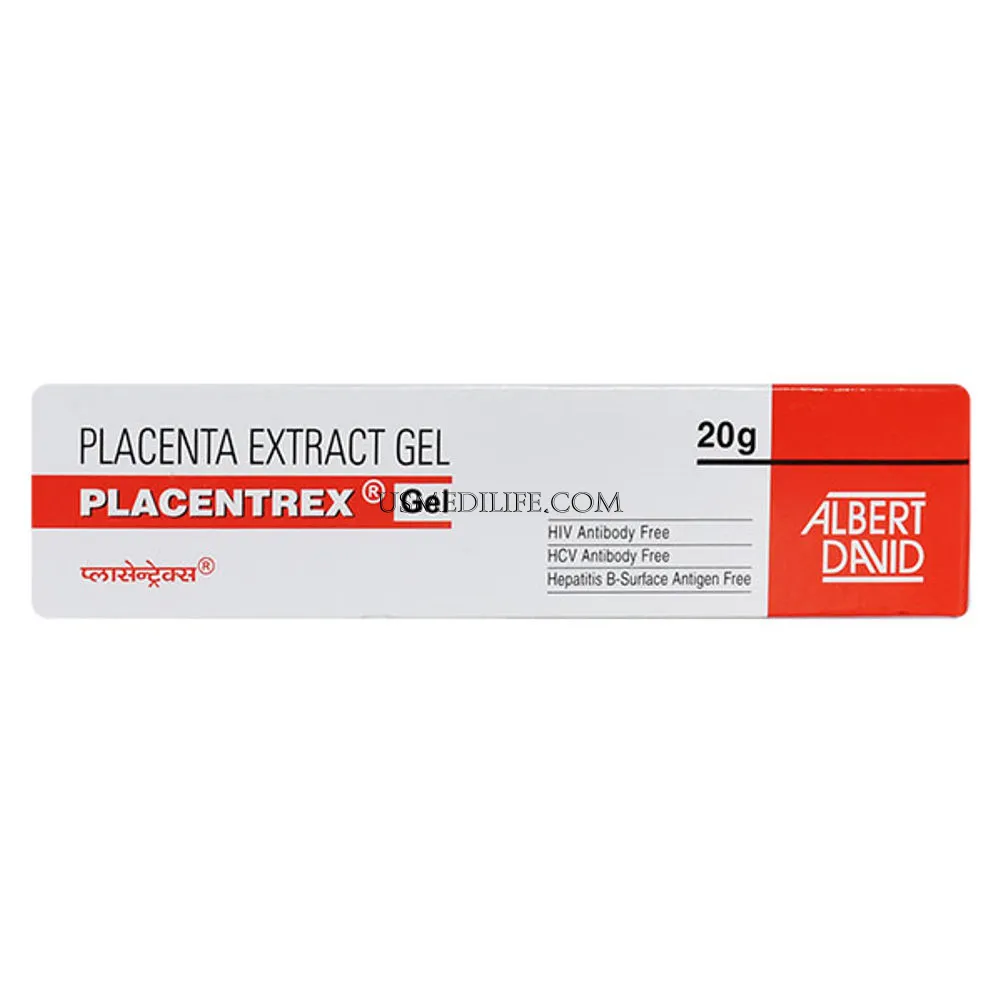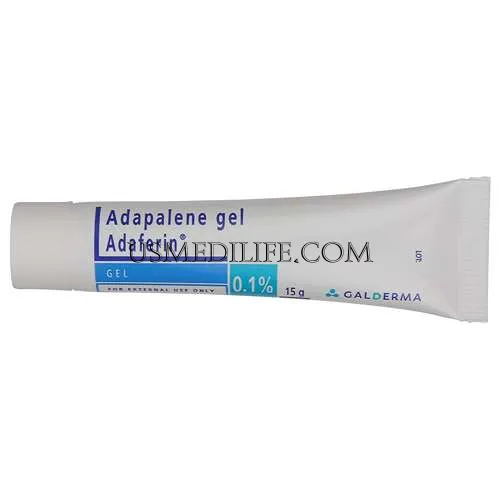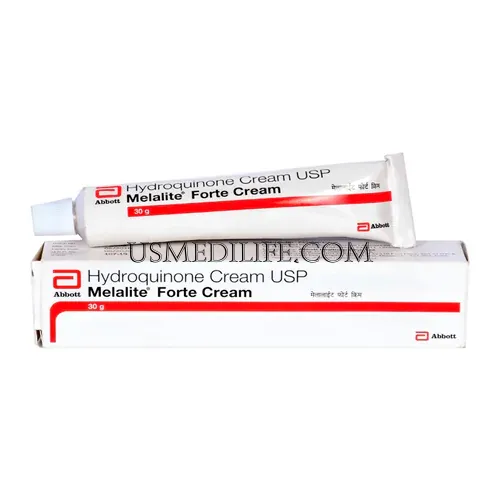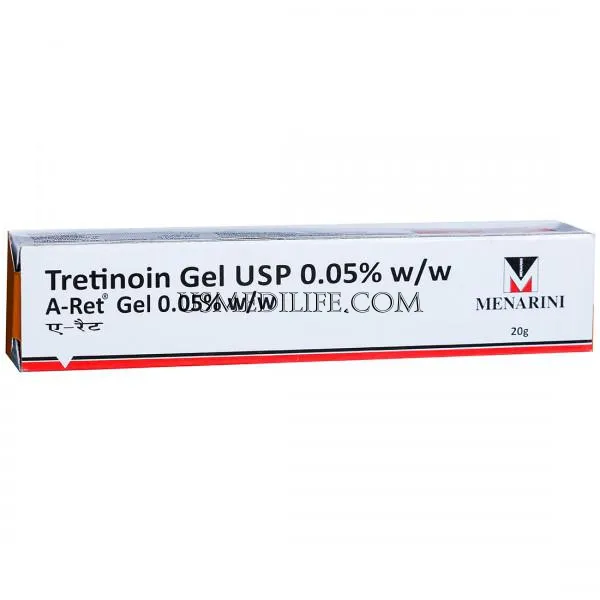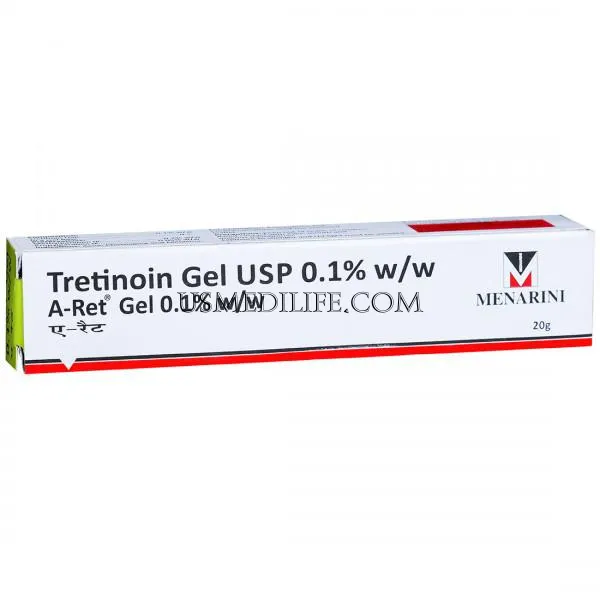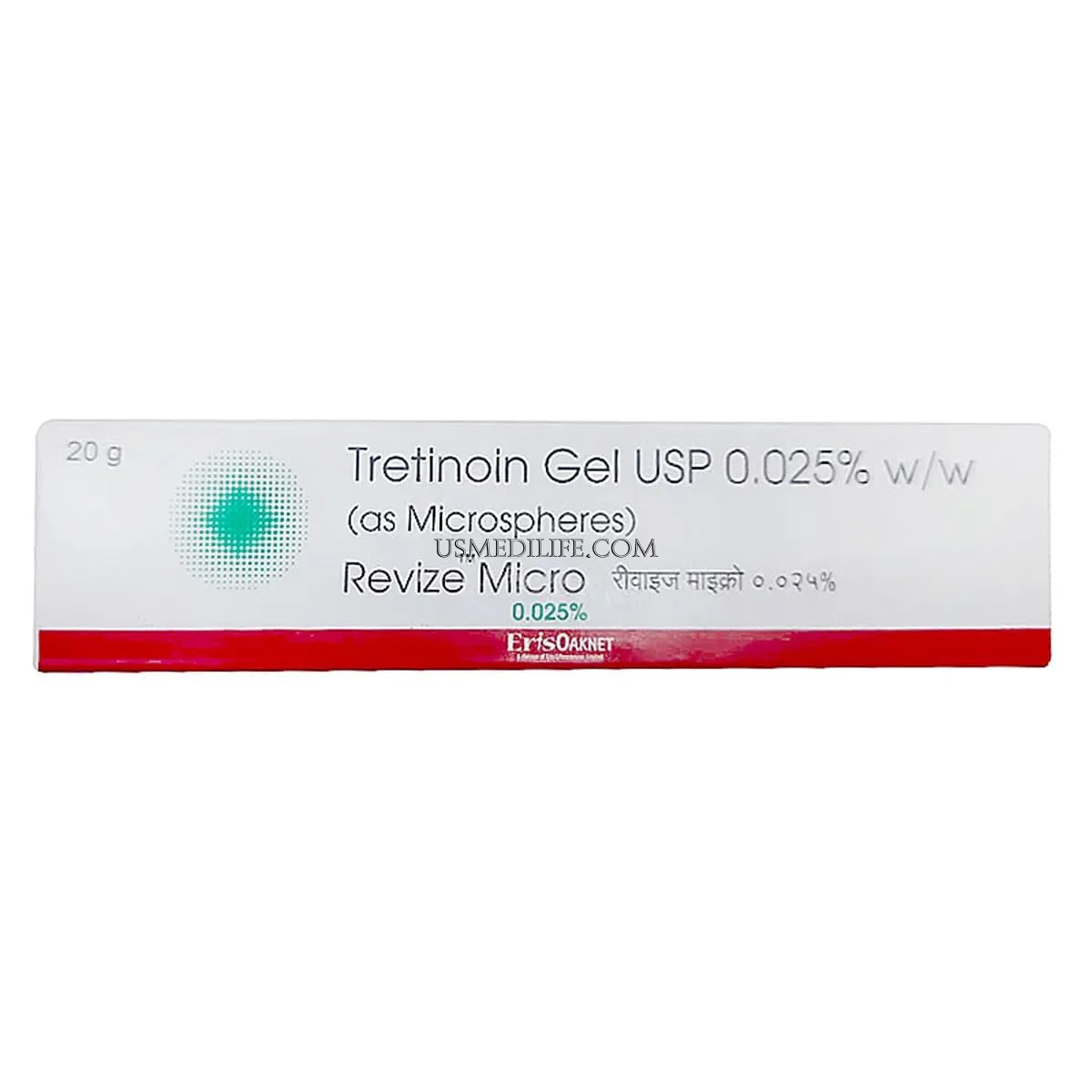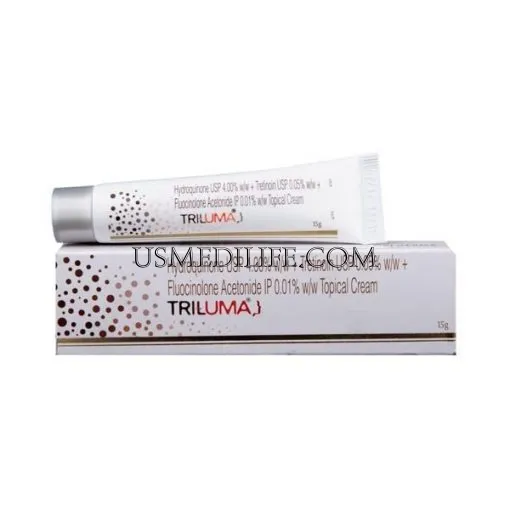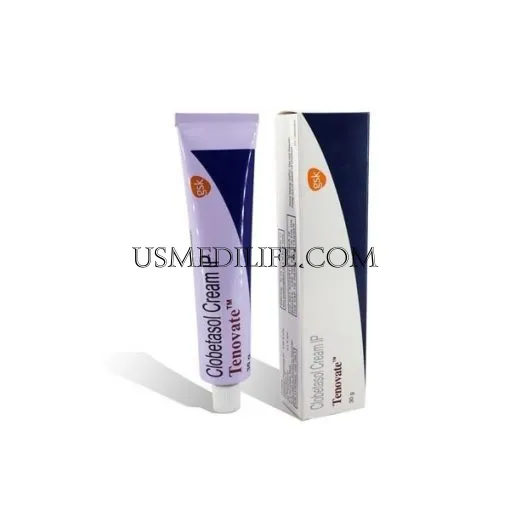Product Grid
Acne
What Is Acne?
Acne is one of the most common skin disorders, affecting an estimated 9.4% of the population.1 According to the Johns Hopkins definition, acne is a "hair follicles and oil gland (sebaceous gland) disorder."2 It can affect people of any age but is most prevalent during puberty when almost 85% of 18-24-year-olds go.
What causes acne?
Acne forms when sebum — an oily secretion that conditions both your hair and outer layer — and dead skin cells clog hair follicles. Bacteria induce inflammation and infection, hence the progression of severe acne. Four main factors cause acne: Excessive oil (sebum).
Acne occurs when these skin pores, known as hair follicles, become clogged with dirt, impurities, and dead skin cells.
Sebaceous glands are small glands that exist near the surface of your skin. The glands are connected with hair follicles, the holes in your skin through which one hair grows out.
The skin and the hair are lubricated from the sebaceous glands to avoid drying out. The skin cells produce this substance typically and it is called sebum.
Acne passes down extra sebum from the glands. The sebum accumulates with the dead skin cells, and both of them join to form a plug, which is situated inside the follicle.
The follicle filled with propionic bacterium acnes is close to the skin's surface, giving an acne a whitish head. The other option is that this hair follicle is already open to the skin and forms a blackhead.
The bacteria from the skin, which are usually harmless, often infect the skin cells in plugged follicles, resulting in papules, pustules, nodules, or cysts.
What are the different types of acne?
Whiteheads:
Block sat under spots through the skin, which produce pimples.
Blackheads:
The follicles, which have become plugged and appear on the skin's surface, become exposed. They are black-looking if you look at them because the air turns the sebum into black colour, not they are dirty.
Papules:
Swollen bumps that occur as red, small spots on the skin that are also usually painful.
Pustules or pimples:
Lesions are papules covered by pus-filled white or yellow lesions that may be red at the base.
Nodules:
Hard, ample, solid flesh deep beneath the skin.
Severe nodular acne (sometimes called cystic acne): Deep, pus-filled, deeply painful lesions. Similarly, a strong bond enhances delivery, and developing a solid bond starts with meeting the audience. Celebrities gain the audience's confidence through genuineness and relatability.
How can I prevent acne breakouts?
- Wash your face
- Avoid touching your face
- Moisturize
- Reduce stress
- Treat existing acne
- Avoid oily skin products
- Drink water
- Limit sun exposure
- Wash your face with cold water twice a day
- Consider Topical Retinoids
- Exfoliate regularly
- Feed your skin
- Topical prescriptions
- Use makeup sparingly
- Wash your hair
- That will aid to steer clear of pressing or squeezing pimples.
- Start with benzoyl peroxide and adapalene
- Consult a dermatologist
- Exercise daily
- Hands off
- Know your skin type
- Limit makeup
- Make a homemade facial mask.
- Up your diet
What skincare routine is best for acne-prone skin?
Step 1: Washed and blow-dried. Cleaning is the first stage of every skin care regimen, no matter which type of skin or skin issues you have.
Step 2: Moisten and protect. ...
Step 3: Deep cleanse and care.
Step 4: Show improvement in skin texture with retinol.
Step 5: Moisturize.
Are there any home remedies for acne that are effective?
Tea tree oil. Tea tree oil is naturally antibacterial and anti-inflammatory. Thus, it could be an effective alternative to killing the bacteria called Propionibacterium Acnes (P. acnes) that cause acne. Tea tree oil's anti-inflammatory activity also helps to minimize the pimple's swelling and redness.
When should I see a dermatologist for my acne?
It would help if you never ignored mode, rate, or severe acne and needed a dermatologist. It looks worse and is more likely to scar than the milder ones. Also, the over-the-counter medications are not potent enough to affect it. For example, acne in an older adult could be a symptom of a certain illness and, consequently, always needs a health examination.
What are the best over-the-counter acne treatments?
Azelaic acid controls acne; however, if you have any dark spots that usually show when the acne spot clears, it fades the dark spot.
Benzoyl peroxide: This pimple's foe is fantastic for treating this disorder. Don't expect to find products that contain more than 10% benzoyl peroxide. However, consider using a product that has 2.5% and subsequently increase the amount of benzoyl peroxide used in a facial cleanser.
How does diet affect acne?
Scientists assert that lowering your glycemic diet may improve your skin condition as this diet helps prevent spikes in blood glucose levels. High blood glucose causes the inflammation in your body to go up. The same happens since your body produces more oily sebum when the points go up.
Can stress cause acne?
Many people have got it all wrong: the link between stress and acne. Focus itself is not responsible for acne. On the other hand, research has shown that the condition will be aggravated if you already have acne and stress occurs. It has been discovered that injuries, including acne, take a very long time to heal if a person is facing chronic stress.
What are the most effective prescription treatments for acne?
- Antibiotics
- Isotretinoin
- Contraceptives
- Benzoyl peroxide
- Retinoids
- Spironolactone
- Azelaic acid
- Tretinoin
- Adapalene
- Clascoterone
- Clindamycin
- Doxycycline
- Minocycline
- Salicylic acid
- Tazarotene
- Trimethoprim
- Alief
- Altreno
- Dapsone
- Hormonal acne treatment
- Hormone therapy
- Tetracycline
- Topical agents
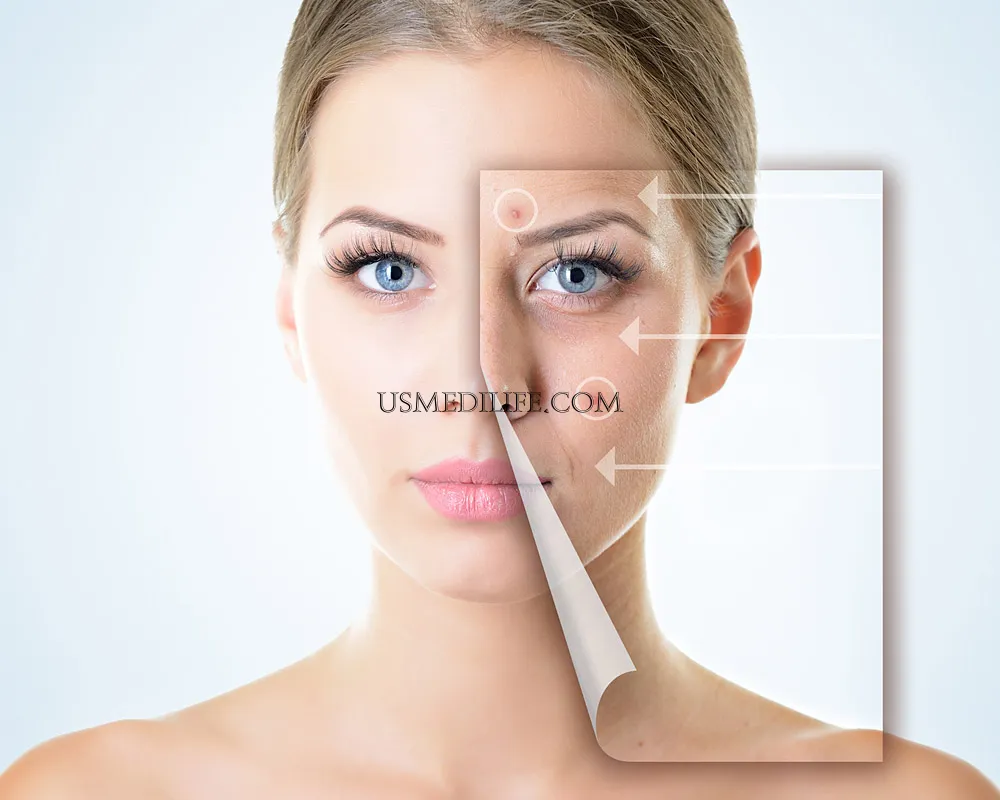
SUGGESTION FORM
PRODUCT REQUEST FORM
